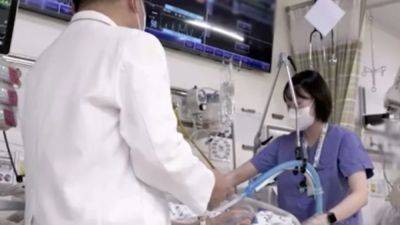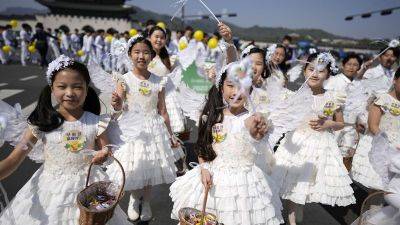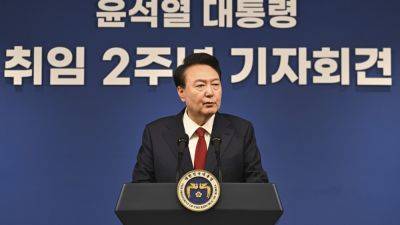Smaller towns in South Korea bear brunt of doctors' shortage
INCHEON, South Korea — Hospitals in South Korea's smaller cities are struggling with a lack of physicians, as a nationwide strike of trainee doctors enters its third month in protest against plans to tackle the shortage by boosting medical school admissions.
Seoul, the capital, boasts top-level hospitals, but smaller cities are starved of doctors in a trend experts say will only get worse as the population ages at one of the world's fastest rates, while birthrates are the lowest in the world.
"Our artificial kidney room was closed for almost two years because we didn't have a doctor and we couldn't find one … but this is a national phenomenon," said Cho Seung-yeon, director of the Incheon Medical Centre in the port city.
The shortage is at the heart of government plans to add thousands of medical school students from next year that face stiff opposition from trainee doctors and some medical groups who doubt it will improve poor working conditions.
South Korea has 2.6 doctors for every 1,000 people, one of the lowest rates among developed countries, according to the Organisation of Economic Cooperation and Development (OECD). In contrast, top-ranked Austria has 5.5 for every 1,000 people.
"I hope the number of doctors will increase in the future, due to our rapidly ageing society which means more and more people will visit hospitals," said Yoo Byung-seon, 66, one of those being treated in the Incheon hospital.
Because it cannot find staff, the hospital's cardiology department has resorted to using roving doctors from a nearby university hospital, Cho added.
In a complaint this week the Korea Medical Association, a leading critic of the government's reforms, accused Cho and another staffer of breaking the law by using







